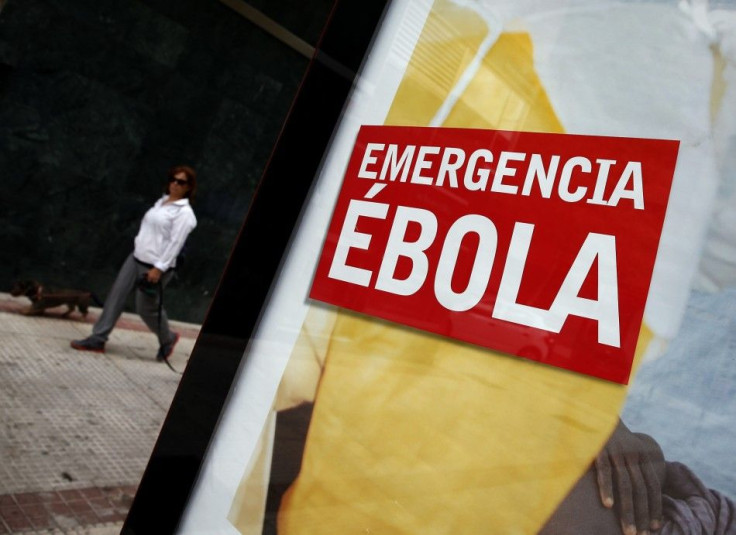Ebola Vaccine: Johnson & Johnson Confident Of Human Trials In January And Market Delivery in May Next Year

The U.S. pharmaceutical giant, Johnson & Johnson, will begin the safety testing of its Ebola vaccine in early January and is hoping to deliver the vaccine in the market by May next year. The company has committed $200 million spend on the vaccine.
Reuters reported that Ebola is turning into a market opportunity for a bunch of drug makers in working together to accelerate an Ebola vaccine that can produce millions of doses. Johnson & Johnson is also mulling collaboration with Britain's GlaxoSmithKline, which is working on a rival vaccine.
For Ebola vaccine, J&J has partnered with Danish biotech company Bavarian Nordic. Together, they will be developing a regimen in which two vaccines will be delivered in a gap of two months. The combination will offer complete protection in animals against a virus strain that is similar to the one, which is causing the current outbreak in West Africa and killing people.
Market Availability
The Wall Street Journal reports that J&J hopes that the Ebola vaccine in two shots can be tested on 600 volunteers in Europe and Africa. It has already been successfully tested in animals. J&J's vaccine has been proved safe and protective during testing in monkeys, claimed J&J Chief Scientific Officer Paul Stoffels, who described it as a strong sign that the regimen would work well in humans.
But Government health regulators want lengthy testing before approving a vaccine for broad use. In the case of Ebola, the World Health Organisation and government authorities have decided to authorise the Ebola regimen's use in health-care workers and others facing Ebola risk, Dr. Stoffels said.
Safety Data Critical
"Once the safety data is ready, we will immediately make the product available for use, said Stoffels. Alex Gorsky, CEO, J&J's chief executive, said the company is looking to increase manufacturing capacity by the end of 2015. J&J is taking a market risk by making doses even before the regimen is put to clinical testing, considering the severity of the outbreak. Others in the Ebola vaccine race include the Public Health Agency of Canada, which has licensed one experimental Ebola vaccine to Ames, Iowa's NewLink Genetics Corp. Its clinical trials are under way at the Walter Reed Army Institute of Research in Silver Spring, to assess the vaccine's safety and dosage. To date, Ebola has killed more than 4,500 people and approximately 9,200 people have been infected with the virus.





















